Collaboration with Shellfishers: an APEAL Seed Project
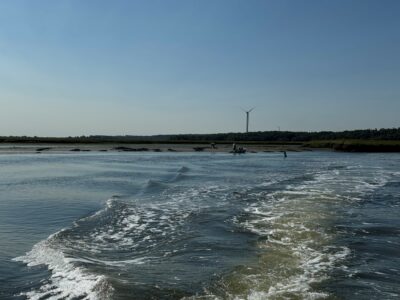
In October, over fifty attendees at the PIE LTER gathered in a local pub to acknowledge one another’s’ concerns for issues in the Sound.

In October, over fifty attendees at the PIE LTER gathered in a local pub to acknowledge one another’s’ concerns for issues in the Sound.
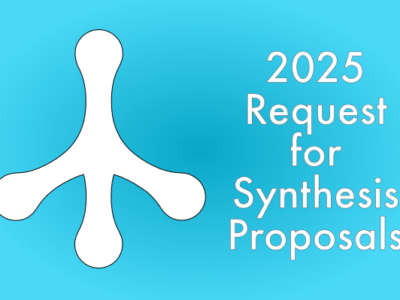
The data produced at LTER sites are an extraordinary scientific resource that can inform a wide variety of questions. Among-site comparisons interrogate the generality of effects observed at particular sites. Modeling efforts employ long term observations and experiments to formulate and test rigorous descriptions of theory. Scaling exercises get at the continental or even global… Read more »
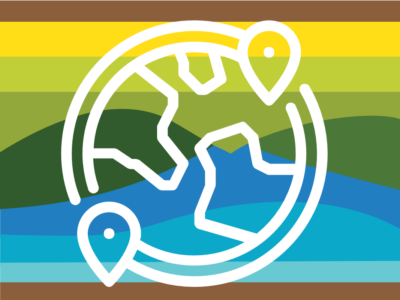
Apply to travel to a different site to pursue comparative research. Deadline: March 28, 2025.
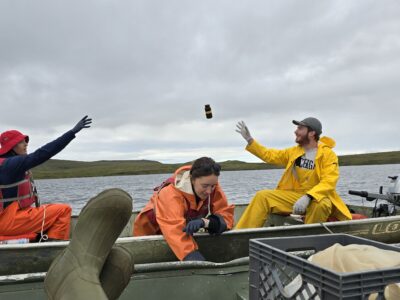
In 2024, we invested in people, in science, and in our ability to impact others. We hope we will carry this momentum into the next decade.
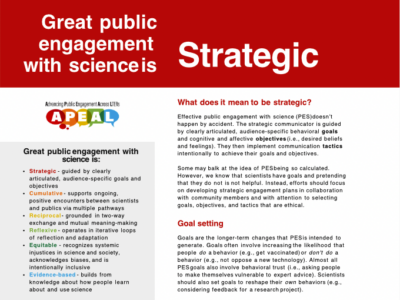
SCRREE Framework for Public Engagement with Science The APEAL Project endeavors to put the 6-part SCRREE framework for public engagement into action at Long Term Ecological Research (LTER) sites. SCRREE (Strategic, Cumulative, Reciprocal, Reflexive, Equitable, and Evidence-based) was developed by Sarah Garlick and John Besley, with support from the Consult with Catalyst team and a… Read more »

The LTER monthly community call provides an opportunity to hold seminars, discussions, and learning opportunities of relevance to the broad LTER research community.
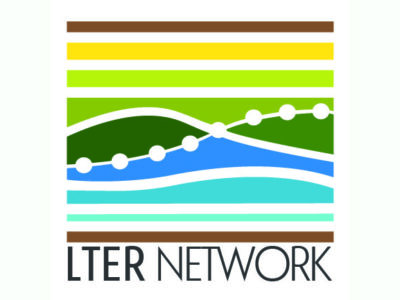
This year, the LTER took a hard look at our challenges and successes, our unique position in the world of ecology, and orchestrated a path towards a vibrant and collaborative future.
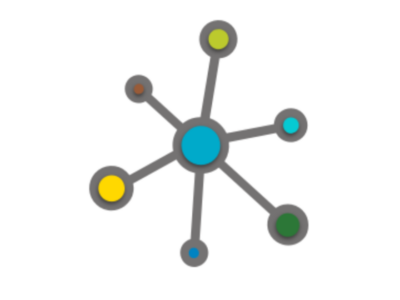
The heart of the LTERnet community forum is peer-to-peer exchanges. We need everyone’s participation to really access the value of the LTER community.
Have a question? Or an opportunity?
Choose a category, add a few relevant tags and a clear title–and ask your question.

The Selections Across Scales synthesis group seeks trait and fitness data collected on individuals within experimental manipulations or across environmental gradients.

Our 2021-2022 webinar series introduces the work of the six synthesis groups that are currently active. Their foci range widely and include the effects of drought at hundreds of sites globally, developing better ways of aligning genomic and ecological data, controls on river exports of silicon and more.